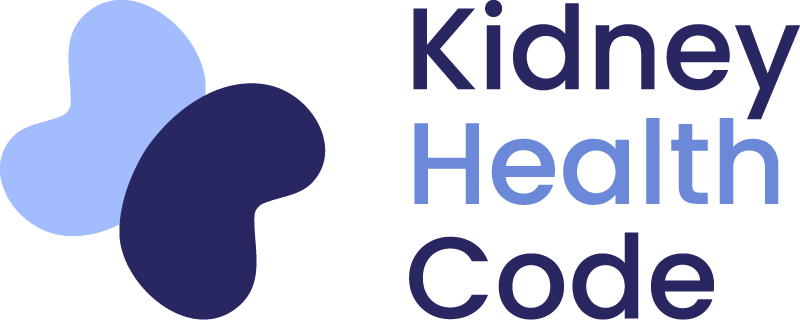About Kidney Health
Summary kidney health


What Are Kidneys and What Do They Do?
- Kidneys are bean-shaped organs that filter blood, remove waste, and produce urine.
- Each kidney contains ~1 million filtering units called nephrons.
- Kidneys help regulate blood pressure, support bone health, balance fluids, and produce important hormones (like EPO for red blood cells and Klotho for anti-aging).
Chronic Kidney Disease (CKD)
- CKD is long-term kidney damage or reduced function, often caused by diabetes or high blood pressure.
- Early stages show no symptoms; testing urine for albuminuria and blood for creatinine/GFR helps detect it early.
- CKD leads to faster aging, fatigue, heart problems, and may require dialysis or a kidney transplant.
CKD Progression and Stages
- CKD progresses in 5 stages based on GFR and albuminuria.
- Once kidney function drops below 10–15%, Kidney Replacement Therapy (KRT) is usually needed.
Kidney Replacement Options
- Transplantation is the best option, offering better quality and length of life.
- Dialysis (hemodialysis or peritoneal) replaces part of kidney function but is time-consuming and impacts quality of life.
- Conservative Care may be chosen for frail or elderly patients, focusing on comfort.
Treatment and Medication
- Early use of medications like ACE inhibitors, ARBs, SGLT2 inhibitors, and GLP1 receptor agonists can slow CKD progression.
- These drugs also protect the heart and blood vessels.
CKD and Other Conditions
- CKD often coexists with other diseases (called comorbidities), especially heart disease and diabetes.
- The Cardiovascular-Renal-Metabolic Syndrome refers to the tight link between kidney, heart, and metabolic health.
Impact and Outlook
- CKD is a growing global health concern, affecting 10% of people, especially the elderly.
- It’s often called a “silent epidemic” because symptoms appear late.
- By 2040, CKD may become the 5th leading cause of death globally.
Get In Touch
Contact us?


